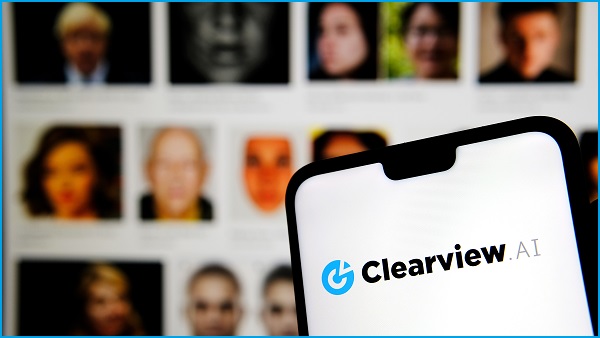This story has been updated to include a statement from Clearview AI.
Privacy watchdogs in the UK and Australia are looking into controversial facial recognition company Clearview AI for its handling of biometric information without user consent.
In a sparse joint statement on Thursday afternoon, the privacy regulators announced the beginning of their investigations.
“The Office of the Australian Information Commissioner (OAIC) and the UK’s Information Commissioner’s Office (ICO) have opened a joint investigation into the personal information handling practices of Clearview AI Inc., focusing on the company’s use of ‘scraped’ data and biometrics of individuals,” the statement said.
“The investigation highlights the importance of enforcement cooperation in protecting the personal information of Australian and UK citizens in a globalised data environment.
“No further comment will be made while the investigation is ongoing.”
Clearview AI was founded by Australian entrepreneur Hoan Hon-That and has the stated aim of “[making] the world a better place” by providing law enforcement with powerful facial recognition software.
Its software is powered by a database of facial images – that were scraped from the internet – and has been shopped around to law enforcement around the world, including in Australia where police trialed the tool.
Hoan Hon-That said in a statement to Information Age that the company was co-operating with the UK and Australian information commissioners.
"Clearview AI searches publicly available photos from the internet in accordance with applicable laws. It is used to help identify criminal suspects," he said.
"It’s [sic] powerful technology is currently unavailable in UK and Australia. Individuals in these countries can opt-out."
Both privacy commissioners are catching up with outrage over Clearview AI’s method for gathering data that involved pulling photos from social media sites and search engines en masse.
After the company’s practices were exposed in a New York Times article earlier this year, social media giants denounced its actions, saying the vast scraping of user data violated their policies.
Twitter, LinkedIn, and YouTube even sent cease-and-desist notices to the company, although its official documents insists it uses “public information”.
While tech giants have not been able to bring Clearview AI to a halt, the OAIC does have recent form in this area.
In March, the watchdog began a lawsuit against Facebook for more than 300,000 alleged breaches of the Privacy Act stemming from the Cambridge Analytica scandal.
According to the OAIC, Facebook allegedly breached the Act because user data was collected and distributed for reason beyond those for which it was collected.
That lawsuit could cost Facebook $500 billion if the maximum penalty is applied.










